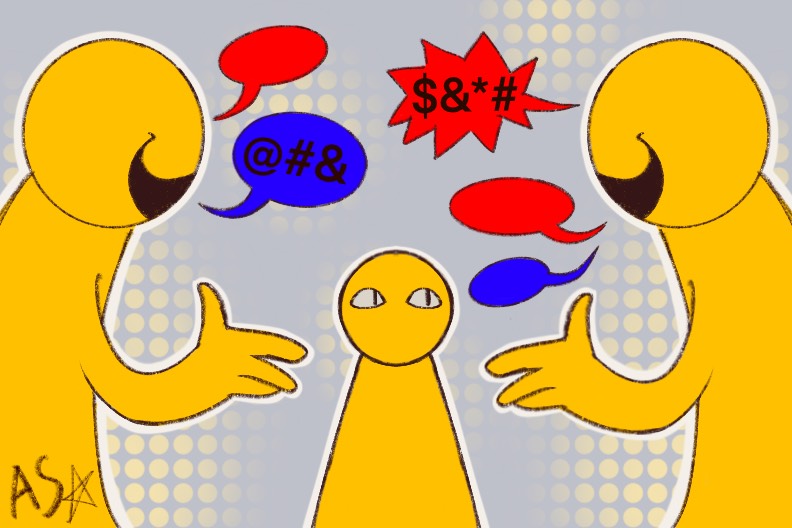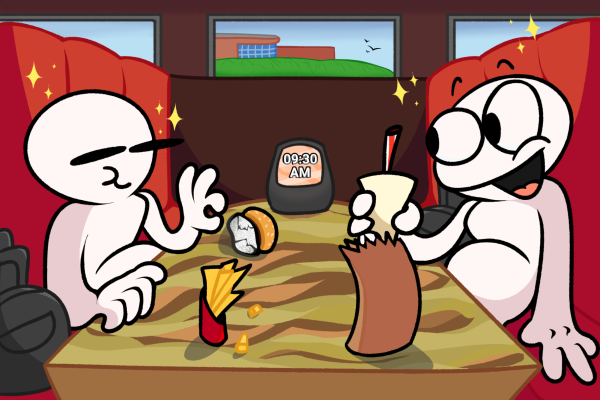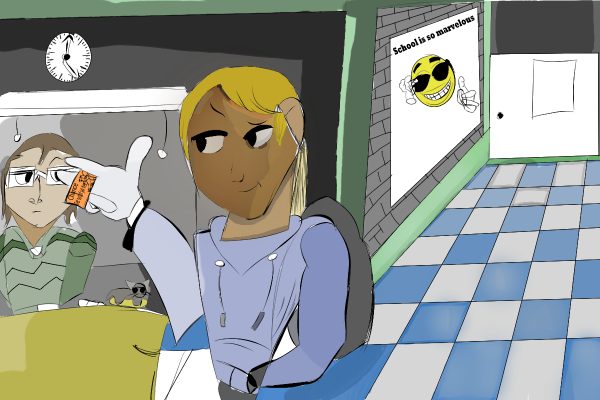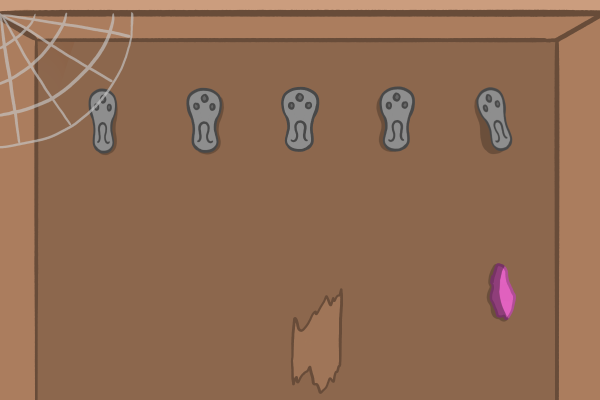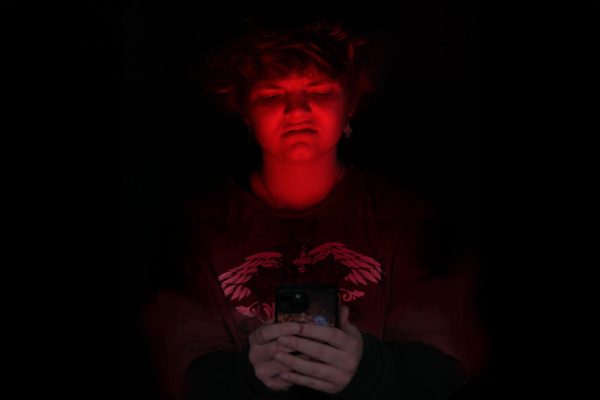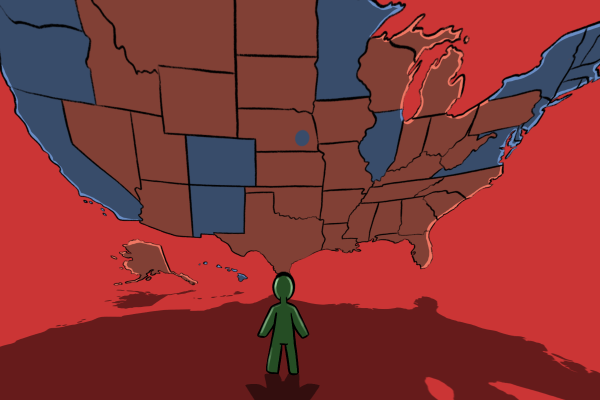LGBTQ Slurs
With LGBTQ hate crimes on the rise, previously considered playful and joking phrases like “ zesty” and “fruity” need to be re-evaluated.
The cancel culture prevalent in society today has made saying slurs unacceptable, resulting in these phrases describing LGBTQ people taking their place. Despite the seemingly lighthearted nature of these phrases, they can have a lasting negative impact by labeling LGBTQ people as a societal “other.”
“It [derogatory phrases toward LGBTQ people] is definitely harmful, because it enforces a negative connotation with LGBTQ+ people,” said senior Brynn Pinkes.
Students say they have heard hateful comments toward LGBTQ students at school or extra curricular activities. Junior Aiden Cirillo said that has heard LGBTQ slurs in school before.
“It made me feel uncomfortable. I was shocked at the lack of reaction from others around me. It seemed like no one cared,” Cirillo said.
The use of these disparaging phrases can be a damaging and dehumanizing experience for individuals, especially teenagers.
“I feel like to an extent it’s not dehumanizing, but it [LGBTQ slurs] is definitely negative,” said junior Matthew Trombley.
According to Newport Academy, LGBTQ youth are 3.5 times more likely to attempt suicide compared to their straight peers and gay and lesbian youth are 3.71 times more likely to attempt suicide compared to their straight peers.
In light of this information, it is no surprise that LGBTQ youth suffer from mental health issues such as anxiety and depression given the treatment they receive by others.
“I think hate is so rampant and so many people are against people who have done nothing wrong. It is appalling how little people care sometimes,” Cirillo said.
To protect the mental health of LGBTQ individuals, more care needs to be given in choosing words and phrases that could have a harmful impact on the mental health of LGBTQ people.
“Students should not be allowed to use slurs in the classroom unless in the future they have been reclaimed in some way,” Cirillo said. “Language harmful to that extent shouldn’t be allowed in school.”
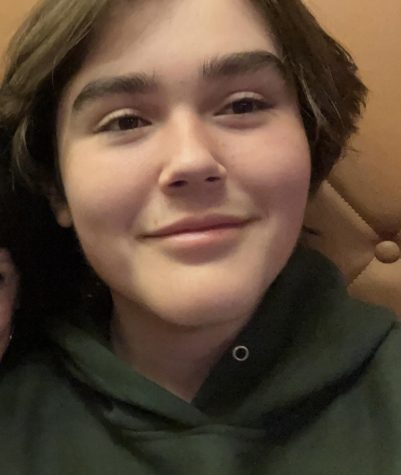
Seamus is a freshman at Wachusett and this is his first year on the Echo. He enjoys reading and watching and discussing film.
Abigail is a senior at Wachusett High School and enjoys drawing.



